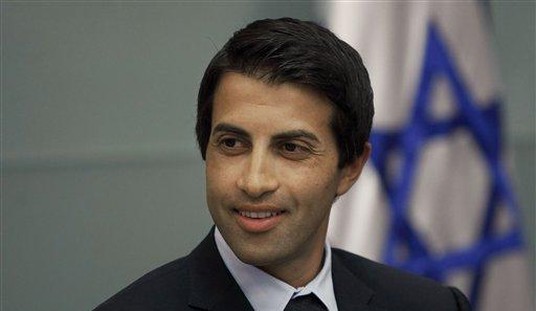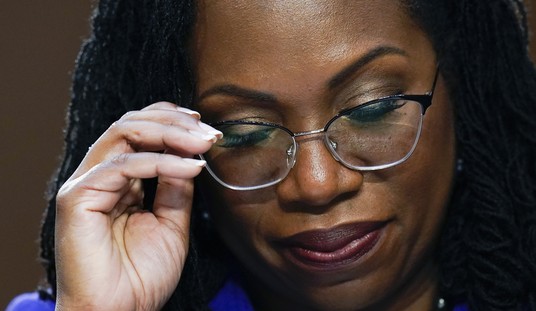An alert MRC fan tipped us to the profile of New York Times publisher Arthur Sulzberger Jr. in the July 26 issue of The New Yorker magazine by authors Susan Tifft and Alex E. Jones, who are writing a book on the Sulzberger family.
Sulzberger, nicknamed “Pinch” (in comparison to his Times predecessor and father, Arthur “Punch” Sulzberger), traveled a familiar path for the children of the Eastern elite in the 1960s and 1970s:
“He had been something of a political activist in high school — he had been suspended briefly from Browning for trying to organize a shutdown of the school following the National Guard’s shooting of students at Kent State — and at Tufts he eagerly embraced the antiwar movement. His first arrest for civil disobedience took place outside the Raytheon Comapny, a defense and space contractor; there, dressed in an old Marine jacket of Punch’s, he joined other demonstrators who were blocking the entrance to the company’s gates. He was soon arrested again, in an antiwar sit-in at the J.F.K. Federal Building in Boston.
“Punch had shown little reaction after the first arrest, but when he got word of the second one he flew to Boston. Over dinner, he asked his son why he was involved with the protests and what kind of behavior the family might expect of him in the future. Arthur assured his father he was not planning on a career of getting himself arrested. After dinner, as the two men walked in the Boston Common, Punch asked what his son later characterized as ‘the dumbest question I’ve ever heard in my life’: ‘If a young American soldier comes upon a young North Vietnamese soldier, which one do you want to see get shot?’ Arthur answered, ‘I would want to see the American get shot. It’s the other guy’s country; we shouldn’t be there.’ To the elder Sulzberger, this bordered on traitor’s talk. ‘How can you say that?’ he yelled. Years later, Arthur said of the incident, ‘It’s the closest he’s ever come to hitting me.'”
— The Media Research Center, August 11th, 1999.
It seems almost in bad taste to talk about dollars and cents after an act of mass murder. Nonetheless, we must ask about the economic aftershocks from Tuesday’s horror. These aftershocks need not be major. Ghastly as it may seem to say this, the terror attack — like the original day of infamy, which brought an end to the Great Depression — could even do some economic good.
— Paul Krugman of the New York Times, September 14th, 2001.
Is it just me, or are the 9/11 commemorations oddly subdued?
Actually, I don’t think it’s me, and it’s not really that odd.
What happened after 9/11 — and I think even people on the right know this, whether they admit it or not — was deeply shameful. Te [sic] atrocity should have been a unifying event, but instead it became a wedge issue. Fake heroes like Bernie Kerik, Rudy Giuliani, and, yes, George W. Bush raced to cash in on the horror. And then the attack was used to justify an unrelated war the neocons wanted to fight, for all the wrong reasons.
A lot of other people behaved badly. How many of our professional pundits — people who should have understood very well what was happening — took the easy way out, turning a blind eye to the corruption and lending their support to the hijacking of the atrocity?
The memory of 9/11 has been irrevocably poisoned; it has become an occasion for shame. And in its heart, the nation knows it.
I’m not going to allow comments on this post, for obvious reasons.
It’s always entertaining to watch somebody like Paul Krugman demonstrate that he does not, in fact, know how to regulate his own comments section:
I’m not going to allow comments on this post, for obvious reasons.
I believe that the technical term for this is ‘epistemic closure.’
Beyond, epistemic closure, the quotes from the above Timesmen are also the perfect definition of forty years of punitive liberalism.










Join the conversation as a VIP Member